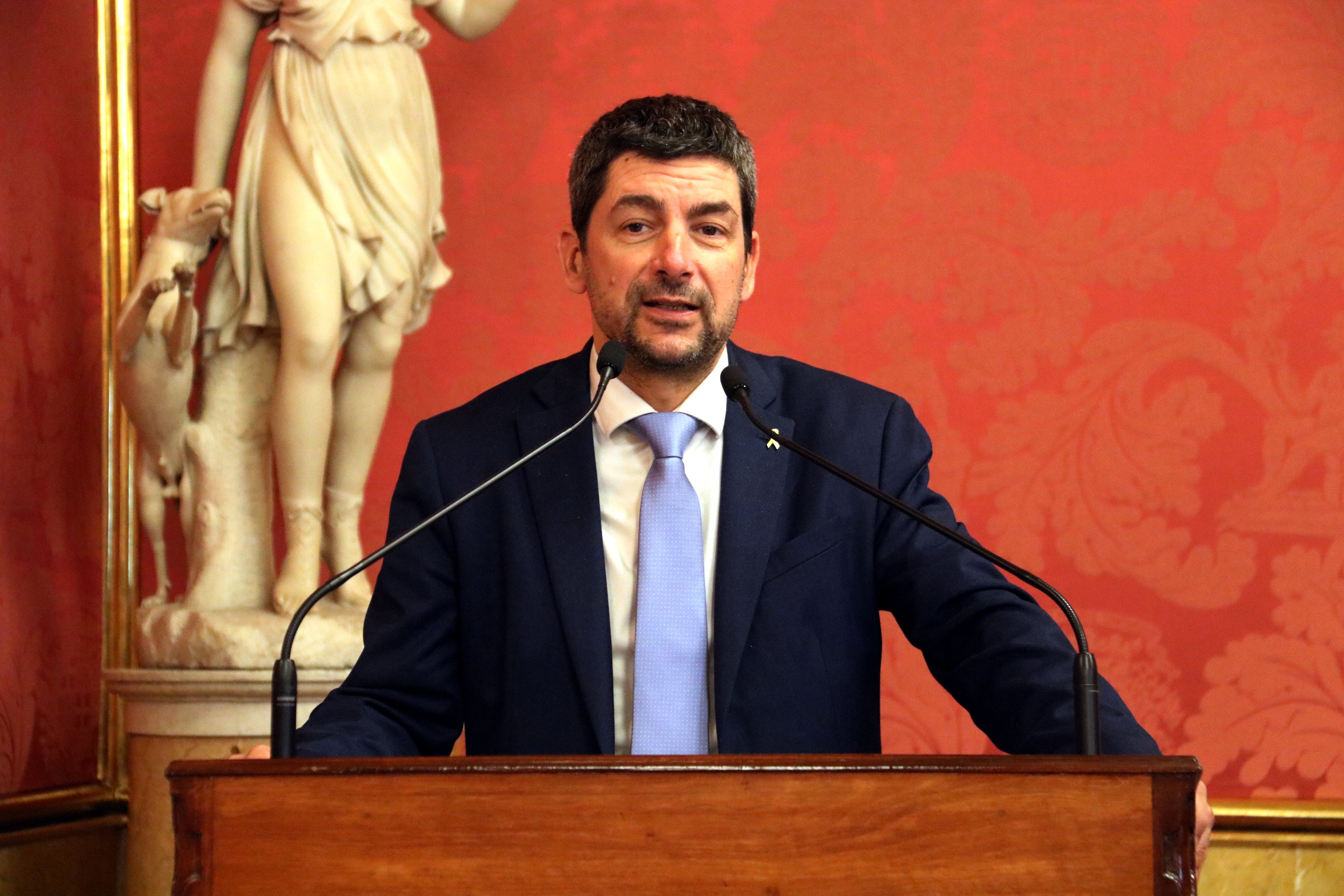The failure to execute public investment in infrastructure budgeted for Catalonia to the value of 9.451 billion euros has reduced the Catalan GDP by 3.3%. Those are the key statistics which Barcelona Chamber of Commerce president, Joan Canadell, has quoted in response to press reports that the Madrid region's Gross Domestic Product has exceeded that of Catalonia for the second time this century.
Quoting from a report prepared by the Chamber of Commerce on Catalonia's infrastructure investment deficit in the period 2001-2018, Canadell points out in a tweet that public investment ends up "making GDP rise artificially". Thus, he claims, if the Spanish government had carried out the investments it had committed itself to, Catalonia would continue to be at the top of the GDP figures for the entire state.
Madrid supera a Cataluña y ya es la primera potencia económica de España?? Invirtiendo cada año con dinero PÚBLICO se acaba subiendo el PIB artificialmente. Si se hubiera cumplido inversiones en CAT estaria la 3,3% por enciam en CAT. #TrampasAlSolitario https://t.co/sbKZTMWzCo pic.twitter.com/YaaE6dVADi
— Joan Canadell (@jcanadellb) December 21, 2019
Translation:
"Madrid surpasses Catalonia and is now the leading economic power of Spain? By investing every year with PUBLIC money, the GDP ends up being artificially raised. If investments in CAT had been carried out, it would be 3.3% higher in CAT."— Joan Canadell
As Canadell explains in his diagram, the 9.451 billion euros which the Catalan economy directly missed out on in terms of investment also led to an even larger negative economic impact when indirect and induced effects on the Catalan domestic product are factored in: an additional loss of indirect turnover valued at 10.288 billion euros. Thus, in total, if 100% of the budgeted investment in transport infrastructure had been executed, almost 20 billion euros in additional turnover would have been generated in Catalonia, which would have allowed the creation and maintenance of up to 111,501 full-time employment positions, and would have generated 3.776 billion euros in net wages.
The economy of the Autonomous Community of Madrid grew by 3.7% in 2018 and is set to grow by 2.6% in 2019, according to the BBVA Research study centre in its half-yearly report Situación Madrid. Meanwhile, Catalonia's GDP increased by 2.3% last year and should rise 1.8% in 2019, according to the bank's forecasts.

